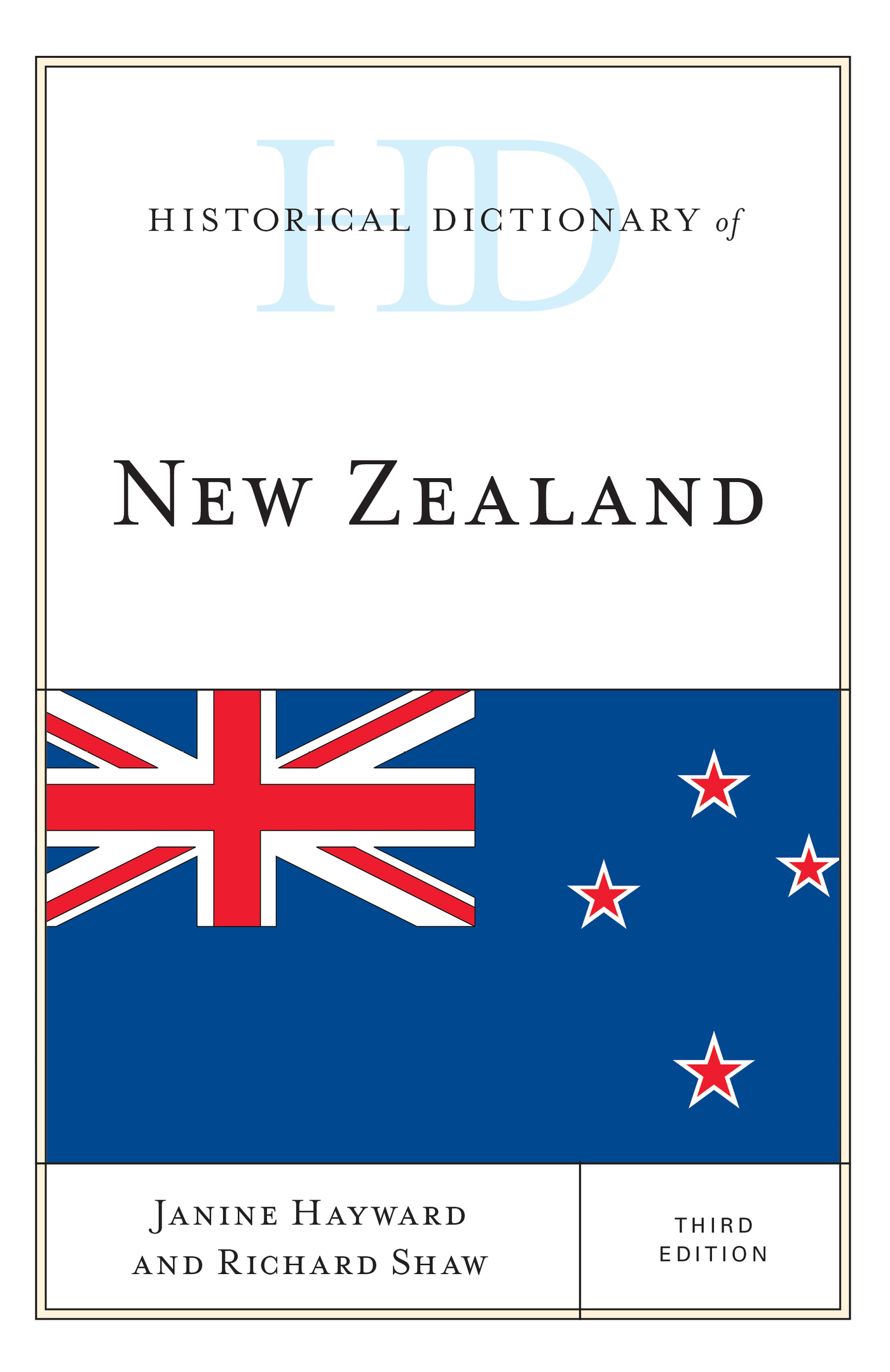The historical dictionaries present essential information on a broad range of subjects, including American and world history, art, business, cities, countries, cultures, customs, film, global conflicts, international relations, literature, music, philosophy, religion, sports, and theater. Written by experts, all contain highly informative introductory essays on the topic and detailed chronologies that, in some cases, cover vast historical time periods but still manage to heavily feature more recent events.
Brief AZ entries describe the main people, events, politics, social issues, institutions, and policies that make the topic unique, and entries are cross-referenced for ease of browsing. Extensive bibliographies are divided into several general subject areas, providing excellent access points for students, researchers, and anyone wanting to know more. Additionally, maps, photographs, and appendixes of supplemental information aid high school and college students doing term papers or introductory research projects. In short, the historical dictionaries are the perfect starting point for anyone looking to research in these fields.
Historical Dictionaries of
Asia, Oceania, and the Middle East
Jon Woronoff, Series Editor
Guam and Micronesia, by William Wuerch and Dirk Ballendorf. 1994.
Palestine, by Nafez Y. Nazzal and Laila A. Nazzal. 1997.
Lebanon, by Asad AbuKhalil. 1998.
Azerbaijan, by Tadeusz Swietochowski and Brian C. Collins. 1999.
Papua New Guinea, Second Edition, by Ann Turner. 2001.
Cambodia, by Justin Corfield and Laura Summers. 2003.
Saudi Arabia, Second Edition, by J. E. Peterson. 2003.
Nepal, by Nanda R. Shrestha and Keshav Bhattarai. 2003.
Kyrgyzstan, by Rafis Abazov. 2004.
Turkmenistan, by Rafis Abazov. 2005.
Vietnam, Third Edition, by Bruce Lockhart and William J. Duiker. 2006.
India, Second Edition, by Surjit Mansingh. 2006.
Burma (Myanmar), by Donald M. Seekins. 2006.
Hong Kong SAR and the Macao SAR, by Ming K. Chan and Shiu-hing Lo. 2006.
Pakistan, Third Edition, by Shahid Javed Burki. 2006.
Iran, Second Edition, by John H. Lorentz. 2007.
Gulf Arab States, Second Edition, by Malcolm C. Peck. 2008.
Laos, Third Edition, by Martin Stuart-Fox. 2008.
Brunei Darussalam, Second Edition, by Jatswan S. Sidhu. 2010.
Malaysia, by Ooi Keat Gin. 2009.
Yemen, Second Edition, by Robert D. Burrowes. 2010.
Tajikistan, Second Edition, by Kamoludin Abdullaev and Shahram Akbarzadeh. 2010.
Mongolia, Third Edition, by Alan J. K. Sanders. 2010.
Bangladesh, Fourth Edition, by Syedur Rahman. 2010.
Polynesia, Third Edition, by Robert D. Craig. 2011.
Singapore, New Edition, by Justin Corfield. 2011.
East Timor, by Geoffrey C. Gunn. 2011.
Postwar Japan, by William D. Hoover. 2011.
Afghanistan, Fourth Edition, by Ludwig W. Adamec. 2012.
Philippines, Third Edition, by Artemio R. Guillermo. 2012.
Tibet, by John Powers and David Templeman. 2012.
Kazakhstan, by Didar Kassymova, Zhanat Kundakbayeva, and Ustina Markus. 2012.
Democratic Peoples Republic of Korea, by James E. Hoare. 2012.
Thailand, Third Edition, by Gerald W. Fry, Gayla S. Nieminen, and Harold E. Smith. 2013.
Iraq, Second Edition, by Beth K. Dougherty and Edmund A. Ghareeb. 2013.
Syria, Third Edition, by David Commins and David W. Lesch. 2014.
Science and Technology in Modern China, by Lawrence R. Sullivan and Nancy Y. Liu. 2014.
Taiwan (Republic of China), Fourth Edition, by John F. Copper. 2014.
Australia, Fourth Edition, by Norman Abjorensen and James C. Docherty. 2015.
Republic of Korea, Third Edition, by James E. Hoare. 2015.
Indonesia, Third Edition, by Audrey Kahin. 2015.
Fiji, by Brij V. Lal. 2016.
Morocco, Third Edition, by Aomar Boum and Thomas K. Park. 2016.
Peoples Republic of China, Third Edition, by Lawrence R. Sullivan. 2016.
Israel, Third Edition, by Bernard Reich and David H. Goldberg. 2016.
New Zealand, Third Edition, by Janine Hayward and Richard Shaw. 2016.
Historical Dictionary
of New Zealand
Third Edition
Janine Hayward
Richard Shaw
ROWMAN & LITTLEFIELD
Lanham Boulder New York London
Published by Rowman & Littlefield
A wholly owned subsidiary of The Rowman & Littlefield Publishing Group, Inc.
4501 Forbes Boulevard, Suite 200, Lanham, Maryland 20706
www.rowman.com
Unit A, Whitacre Mews, 26-34 Stannary Street, London SE11 4AB
Copyright 2016 by Janine Hayward and Richard Shaw
All rights reserved. No part of this book may be reproduced in any form or by any electronic or mechanical means, including information storage and retrieval systems, without written permission from the publisher, except by a reviewer who may quote passages in a review.
British Library Cataloguing in Publication Information Available
Library of Congress Cataloging-in-Publication Data
Names: Hayward, Janine, author. | Shaw, Richard, 1964, author.
Title: Historical dictionary of New Zealand / Janine Hayward, Richard Shaw.
Description: Third edition. | Lanham, MD : Rowman & Littlefield, [2016] | Series: Historical dictionaries of Asia, Oceania, and the Middle East | Includes bibliographical references.
Identifiers: LCCN 2016022556 (print) | LCCN 2016023138 (ebook) | ISBN 9781442274389 (hardcover : alk. paper) | ISBN 9781442274396 (electronic)
Subjects: LCSH: New ZealandHistoryDictionaries.
Classification: LCC DU420 .J24 2016 (print) | LCC DU420 (ebook) | DDC 993.003dc23
LC record available at https://lccn.loc.gov/2016022556
 TM The paper used in this publication meets the minimum requirements of American National Standard for Information Sciences Permanence of Paper for Printed Library Materials, ANSI/NISO Z39.48-1992.
TM The paper used in this publication meets the minimum requirements of American National Standard for Information Sciences Permanence of Paper for Printed Library Materials, ANSI/NISO Z39.48-1992.
Printed in the United States of America.
A Crown entity providing comprehensive no-fault accident compensation and rehabilitation for all New Zealanders and visitors to New Zealand established by the Accident Compensation Act 1972. In return, the right of accident victims to sue for damages was abolished.
The concept of accident compensation originated in the 1967 report of a Royal Commission chaired by Justice Owen Woodhouse, which was established to examine the question of compensation for personal injury. Initially, entitlements were intended to be available only to those in employment, but in 1973 the government expanded it to cover all accidentsautomobile, domestic, industrial, and sportingregardless of how the injuries occurred. The scheme includes compensation for permanent physical disability and an earnings-related benefit for accident victims.
ACC is a form of compulsory insurance by which the community as a whole accepts responsibility for accidents to some of its members. Initially funded through contributions of employers and self-employed, annual motor-vehicle licensing levies, and an excise levy on gas, the scheme was amended in 1992 to place greater emphasis on accident prevention, risk management, and rehabilitation of those injured. In addition, the funding base was broadened to include an earners levy paid by all employed people. Monopoly rights, removed by a National government in 1998, were restored by the Labour-led government in 2000. Labour also reintroduced lump-sum payments for injuries involving permanent impairment, extended cover to people with mental injuries arising from sexual abuse who had not previously been covered (and also expanded coverage to those experiencing mental trauma at work rather than through sexual abuse), and removed certain barriers to ACC cover for work-related gradual process diseases and infections. The most recent round of reforms, brought in by the National-led government in 2010, were expressly intended to help contain the rising costs of the scheme.

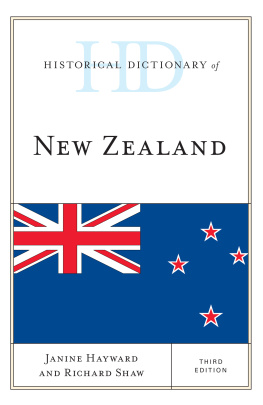



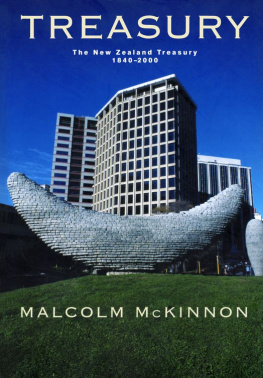
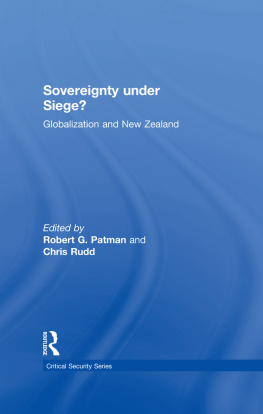
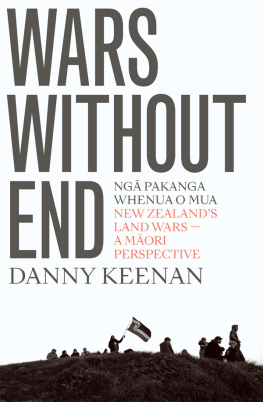
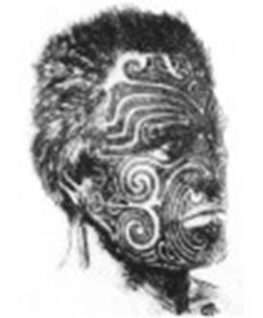
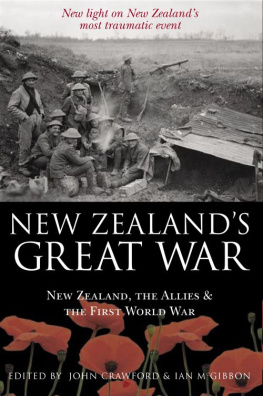

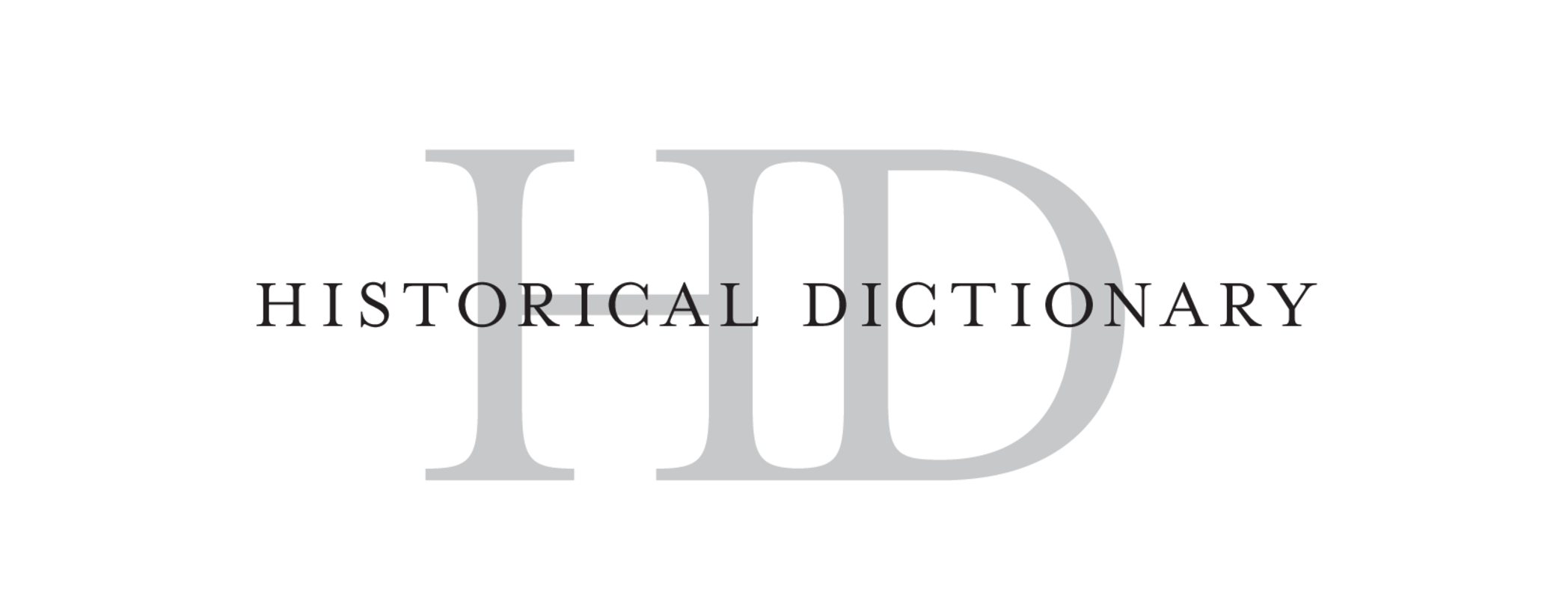
 TM The paper used in this publication meets the minimum requirements of American National Standard for Information Sciences Permanence of Paper for Printed Library Materials, ANSI/NISO Z39.48-1992.
TM The paper used in this publication meets the minimum requirements of American National Standard for Information Sciences Permanence of Paper for Printed Library Materials, ANSI/NISO Z39.48-1992.